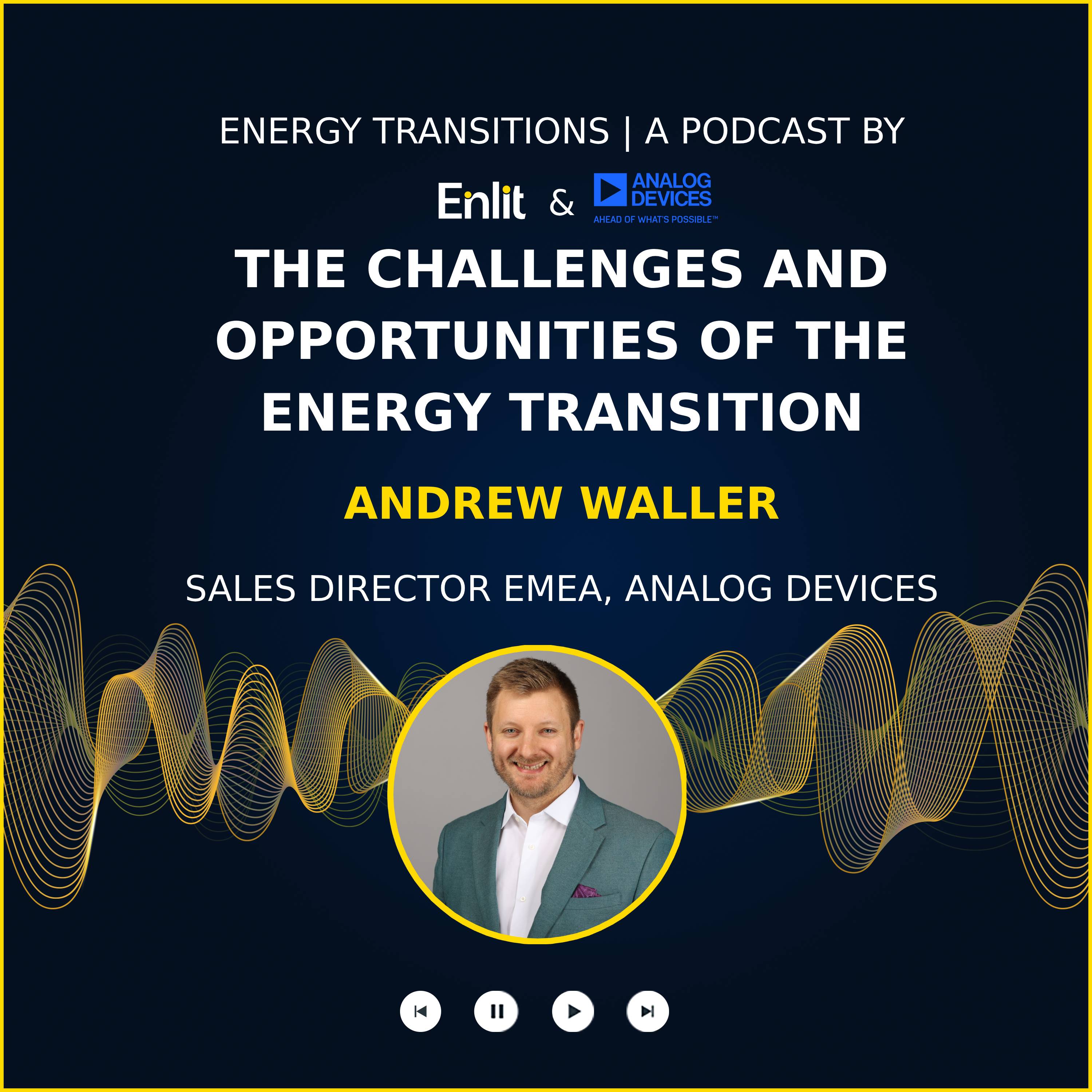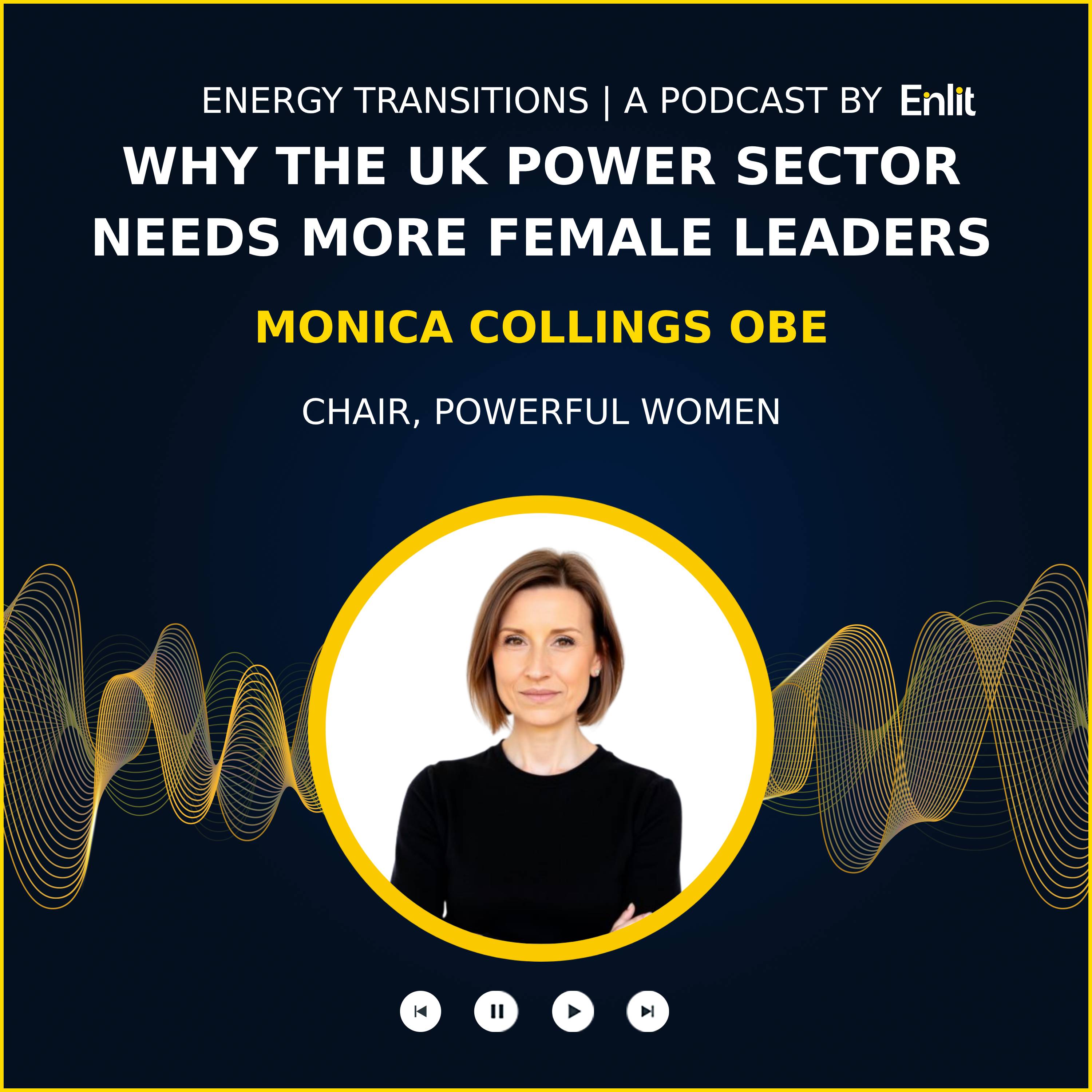The built environment is one of the main sources of carbon emissions but it also provides one of the most opportune spaces for clean tech project development.
Behind the meter, energy efficiency and demand response projects, in particular, could make a significant contribution towards lowering the carbon footprint of buildings and the infrastructure that connects them. However, barriers to project development and finance must be overcome in order to spur progress towards net zero and empower all players, especially small and medium sized enterprises.
In this episode of the Energy Transitions Podcast, Yusuf Latief spoke to Jessica Stromback, CEO of Joule Assets and Co-Founder of the Sustainable Energy Finance Association (SEFA), regarding the practical steps to figuring out financing and bringing net-zero projects to life.
To listen to other episodes: https://www.enlit.world/podcasts/energy-transitions/

In this episode of the Energy Transitions podcast, Pamela Largue speaks to Ann Burton, head of global BECCS deployment at Drax, about BECCS and...

In this episode of the Energy Transitions podcast, Enlit's Jonathan Spencer Jones talks to Andrew Waller, Sales Director EMEA at Analog Devices, about the...

In this episode of the Energy Transitions podcast, Pamela Largue has a candid conversation with Monica Collings, newly appointed Chair of POWERful Women and...